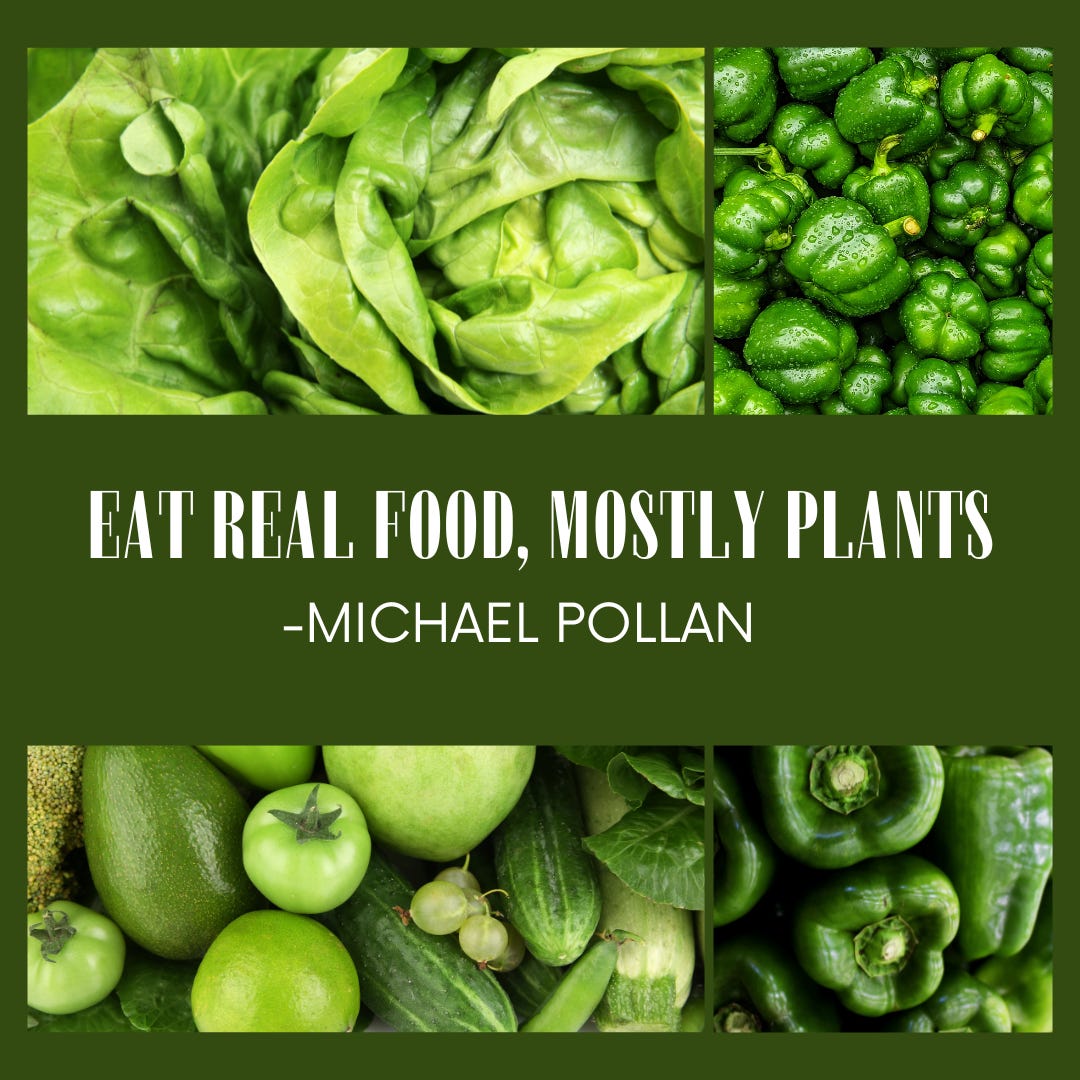As a food and health writer, I’m often tasked with covering some oddly specific topics—is coffee creamer unhealthy? Are seed oils going to kill you? Which supplement is healthier, chlorella or spirulina?
Why in the world am I writing this stuff?
For the robots, by the robots
All these article assignments come with SEO keywords. For the uninitiated, SEO stands for “search engine optimization.”
In the olden days, when I first started my work as a freelance writer, I came up with ideas for articles and pitched them to editors at magazines and websites.
These ideas usually came from things in my life, or the experiences of family and friends. I pitched them because I thought that learning about the topic could help other people live healthier lives.
Now, SEO experts tell my editors what people are searching for online, how many people are searching, and whether they have a good chance of “winning” a specific keyword.
This is how I, and hundreds of other health writers, end up writing articles like “TK bedtime snacks that won’t affect sleep.”
For readers, the result is a tsunami of nutrition “content” covering every nonsensical late-night search term anyone has ever typed into Google.
Too much information is a form of disinformation
As a result, nutrition seems more confusing than ever.
I read the cholesterol-focused subreddit, and at least once a week, someone asks why their cholesterol is going up after switching to a low-carb diet and losing weight. They are often shocked to learn this basic fact: the saturated fat in meat and dairy raises cholesterol.
This is partly because articles based on long-established facts don’t make good clickbait.
Here’s the thing: Even amid the diet wars, there are many things that most, if not all, camps can agree on. I personally enjoy a plant-based diet, but I do not believe it’s the only route to a healthy diet.
Back to basics
So, I thought I would share the basics of a healthy diet with you, no matter what way of eating you personally follow.
Minimize or eliminate:
Processed, packaged, and prepared foods. This is the most important thing.
Animal products, especially the ones high in saturated fat like red meat and cheese.
Refined grains (white bread, white pasta) and added sugars (sweets and desserts).
Alcohol.
Maximize:
Vegetables, especially cruciferous ones like broccoli, kale, and, of course, cabbage.
Plant-based proteins like beans, tofu, tempeh, and nuts.
Whole grains like oats, quinoa, and brown rice.
That’s it!
It’s simple, but it doesn’t sell.
The complexity makes people believe they need diet programs, books, subscriptions, and special packaged foods to help them sort out how to eat.
Confusion and fear benefit capitalism and corporations.
It’s simple, but it isn’t easy.
The truth is I spend a lot of time chopping vegetables. There are definitely shortcuts—frozen or pre-chopped vegetables come to mind. You don’t have to log the kitchen hours I do.
You can make healthy home cooking easier, but saying it’s easy is a lie. It will never be as easy as watching Netflix or scrolling Instagram.
Health really is wealth
But it is worth it. Now that I’m in my late 40s, I see many people in my Mom’s generation (the Boomers) living out the consequences of neglecting their health.
And it’s never too late to start doing it. (See: How I Improved My Health at Age 80)
No one ever says, “Those hours I spend making healthy food for me and the people I love—what a waste of time!”
If you are ever feeling overwhelmed by all the noise about what a healthy diet even is, like it’s pointless and nothing you can do will matter, take a deep breath.
Make yourself something simple, like whole wheat pasta with jarred marinara and roasted broccoli. Have a salad with lentils on it. Whip up a veggie-laden tofu scramble. Make a batch of hummus.
Remember, it’s not all as complicated as you’ve been led to believe.
You’ve probably read dozens of articles about how to eat more or less of whatever is considered good or bad and makes for good SEO at the moment.
The truth is that just cutting processed and packaged foods takes care of most of those concerns.
What’s just as important is what you replace those things with. Hopefully, it’s a lot of vegetables, whole grains, and beans you cook for yourself.






Great article, Joy! So straightforward and makes perfect sense. Thanks for the insight!
Thank you for this article and especially the link to the Forks Over Knives article. Having just turned 70, reading this was especially motivating!